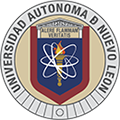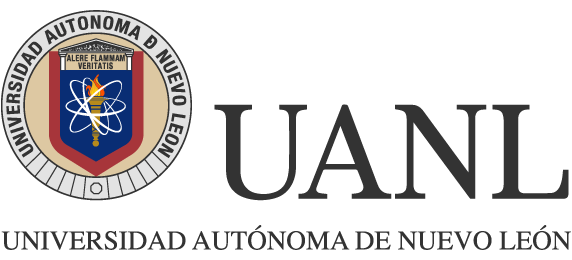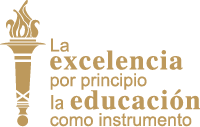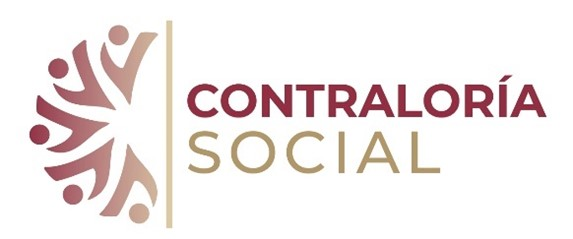Share:
B.s. in Natural Resources Management Engineer
School of Forestry
Admission profile
Applicants to this academic program must have the following qualities:
• Knowledge of basic sciences.
• Genuine concern about environmental problems.
• Reading habits.
• Ability to order and synthesize ideas.
• Capacity to use a personal computer for academic work.
• Positive attitude toward classmates and professors.
• Tolerance of cultural diversity and other ideologies.
Admission requirements
Academic
Have successfully completed high school or equivalent studies.
Legal
Meet all criteria established by UANL's current standards and procedures.
Testing
Take the Admission Test EXANI-II, established by the National Center for the Evaluation of Higher Education (CENEVAL), and the Selection Test.
Program-specific
Meet all criteria established by the current standards and procedures of the School of Forestry.
Graduation profile
Purpose
To educate natural resource management engineers with the necessary skills to conserve and use natural resources through sustainable methods, considering the relationship between living beings and the environment. Our graduates will have specialized knowledge to participate in research in order to establish, adapt, or improve optimization techniques for natural resource management.
General skills
Instrumental skills
1. Following self-learning strategies at the different levels and fields of knowledge. This enables effective decision-making in personal, academic, and professional areas.
2. Using logical, mathematical, iconographic, verbal, and non-verbal language for the ecumenical interpretation and expression of ideas, feelings, and theories.
3. Employing information and communication technologies for accessing information that eventually becomes knowledge as well as promoting learning and collaborative work through innovative techniques, having a constructive involvement in society.
4. Mastering the mother language in spoken and written form, learning to communicate correctly and adapt messages to specific contexts in order to disseminate ideas and scientific knowledge.
5. Analyzing natural events and social movements through creative logical thinking in order to propose relevant decisions according to social responsibility and the graduate’s own professional field.
6. Speaking a second language, especially English, for proper communication in common, academic, professional, and scientific settings.
7. Making academic and professional proposals based on the best global practices in different disciplines to encourage collaborative work.
8. Applying new and traditional research methodologies for personal development and knowledge generation.
Personal and interpersonal skills
9. Committing to cultural and social diversity while complying with the integration principle to promote spaces of harmonious coexistence for local, national, and international contexts.
10. Facing emerging social challenges with a critical approach and academic-professional commitment. This will consolidate the general wellbeing as well as sustainable development.
11. Practicing UANL values in personal and professional settings: truth, equity, honesty, freedom, solidarity, respect for life and others, peace, respect for nature, integrity, ethics, and justice, contributing to a sustainable society.
Consolidating skills
12. Making innovative proposals based on a holistic understanding of reality to help overcome global challenges.
13. Taking a dedicated leadership in encouraging significant changes to fulfill social and professional needs.
14. Solving problems in academic and professional areas through specific techniques for proper decision-making.
15. Adapting easily to uncertain social and professional environments to have better living conditions.
Specific skills
1. Managing protected areas to conserve their biodiversity and utilize their natural resources according to the applicable regulations and recent scientific criteria.
2. Assessing natural resources to determine their current use and their potential for goods and services production.
3. Restoring degraded ecosystems based on their ecological characteristics for reinstating their natural processes and productivity.
4. Conserving biodiversity through assessment methods to keep wildlife populations in balance.
5. Managing landscapes, considering life quality indicators, to improve the living conditions of society.
6. sustainably utilizing natural resources to supply goods and services.
7. Developing technical services companies to fulfill the needs of society and the industrial sector.
8. Identifying environmental regulations that apply to specific locations.
9. Conducting assessment studies on natural resources. This fulfills the needs of society and the industrial sector.
10. Advising companies and organizations on natural resource management as well as biodiversity conservation.
11. Assessing environmental risks to determine the vulnerability of ecosystems regarding the prevalence of invasive species, wildfires, pests, and diseases.
12. Creating projects together with public and private organizations to utilize natural resources for goods and services production.
13. Managing hunting ranches for social and industrial purposes.
14. Evaluating and determining the necessary population of game species for their sustainable utilization.
15. Analyzing the feasibility of production projects in the area of sustainable development.
16. Managing water and soil resources, depending on their location’s ecological characteristics, guarantees their quality and availability.
| Areas | Jobs |
|---|---|
| Government institutions involved in natural resource conservation, legislation, and management; educational institutions; private consulting firms. | Academic or research work. Conducting technical justification studies. Writing environmental impact manifestos. Risk assessment. Natural resource assessment. |
Graduation requirements
Academic
Have completed the 205 total credits of the academic program.
Have concluded the academic program in a minimum of 9 semesters or a maximum of 18 semesters.
Have carried out the mandatory learning service.
Master a second language other than Spanish.
Legal
Meet all criteria established by UANL's current standards and procedures.
Program-specific
Attend the swearing-in ceremony.
Accreditations
National
Name
CIEES Level 1
Accreditor
Interinstitutional Committees for the Evaluation of Higher Education
Accreditor's acronym
CIEES
http://www.ciees.edu.mxNational
Name
Accreditors that belong to the Council for the Accreditation of Higher Education (COPAES)
Accreditor
Mexican Committee for the Accreditation of Agronomic Education
Accreditor's acronym
COMEAA
http://comeaa.org/Validity of accreditation
February 28th, 2021
Location
Posted by: Dirección del Sistema de Estudios de Licenciatura




